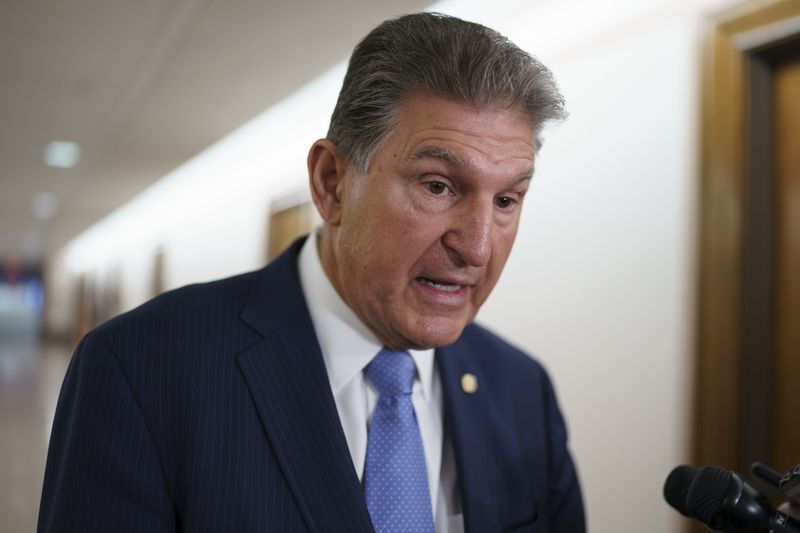
The most efficient and targeted event for utility-scale renewable
companies.
CLEANPOWER
puts you at the table and helps you get results that can grow your
business and our industry, and prepare for more opportunities in the
future. This expanded and targeted business development event will help
your company reach new heights.
Day One | Day
Two
Agenda
(all times are Central)
8:00 AM – 9:30 AM ACP Offshore Wind Council
Meeting
8:00 AM – 10:00 AM ACP Federal Legislative
Affairs Committee Meeting
9:00 AM – 10:00 AM Networking Coffee Break
10:00 AM – 11:00 AM Welcome & General Session
Speakers
- Heather Zichal – American Clean Power Association
- Tommy Beaudreau – U.S. Department of the Interior
- Chairman Richard Glick – Federal Energy Regulatory Commission
11:15 AM – 11:40 AM Challenges and Advantages of Standalone Energy
Storage Project Development
Speaker: *Michael Jungreis – ORMAT
11:15 AM – 12:15 PM Building the Clean Energy Economy: Industry
Executive Panel Discussion
Moderator: Craig Cornelius – Clearway Energy Group
Speakers:
- Pat Byrne – GE Renewable Onshore Wind
- Theresa Eaton – WECS Renewables
- Alicia Knapp – Berkshire Hathaway Renewables
- Leo Moreno – AES Clean Energy
- John Zahurancik – Fluence
11:15 AM – 12:15 PM Transition to Offshore Wind
Moderator: Joshua Kaplowitz – ACP
- Andrew Burke – Shell Renewables & Energy Solutions
- Michael Celata – BOEM
- Paula Major – Mainstream Renewable Power
- Robert Miner – bp
11:45 AM – 12:10 PM Independent Cell Vetting for a Stronger Storage
Market
Speaker: Logan Weber – Powin
12:00 PM – 1:30 PM Diversity, Equity & Inclusion Lunch
Speakers:
- Elizabeth Laine – Clearway Energy Group
- Heather Zichal – American Clean Power Association
1:30 PM – 2:30 PM Headwinds & Tailwinds of Energy Storage Market Growth
Moderator: Jason Burwen – American Clean Power Association (ACP)
Speakers:
- Michael Arndt – Recurrent Energy
- Jeff Bishop – Key Capture Energy
- Sara Graziano – SER Capital Partners
- Mateo Jaramillo – Form Energy
1:30 PM – 2:30 PM Texas-sized opportunities and challenges for
renewables in the Lone Star State
Moderator: Jeff Clark – Advanced Power Alliance
Speakers:
- Russell Gold – Texas Monthly
- Michael Jewell – Jewell and Associates, PLLC
- Collin Meehan – Bird Dog Energy
- Jean Ryall – Advanced Power Alliance
2:00 PM – 2:25 PM Enabling a Net Zero Vision by Proactively Developing
Power Grids
Speaker: Fabio Fracaroli – Hitachi Energy
2:45 PM – 3:45 PM Ensuring Clean Power Resilience
Moderator: Jacqueline DeRosa – Ameresco
Speakers:
- Balki Iyer – Eos
- Hans Jacob – Duke Energy
- Roger Lueken, Ph.D. – Fluence
- Reem Bashlaty – DNV
2:45 PM – 3:45 PM Transmission Policy and Buildout
Moderator: Michael Garland – Pattern Energy
Speakers:
- Caroline Golin – Google
- Chris Hansen – Colorado General Assembly
- Elliot Mainzer – California Independent System Operator
3:00 PM – 3:25 PM Fire safety: Battery manufacturer’s assessment
Speaker: Neil Bradshaw – Sungrow
American Clean Power
Texas
05/17/2022 at 09:00AM


 Sen. Joe Manchin
(D-W.V.), the chair of the Senate energy committee, has released the
Sen. Joe Manchin
(D-W.V.), the chair of the Senate energy committee, has released the